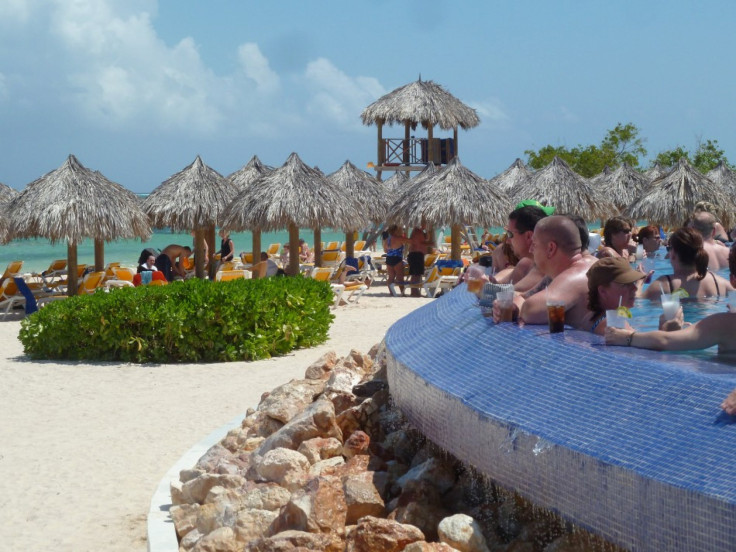Drink Alcohol On Vacation? Don?t Expect Travel Insurance To Cover Any Claims

Don't count on your travel insurance company to fork over the bill if you have an accident abroad while under the influence of alcohol or nonprescription drugs.
According to a new study from the British Insurance Brokers' Association, or BIBA, travelers could invalidate their travel insurance if they have an incident on vacation while drinking or otherwise intoxicated. BIBA warns the exclusions, which have been strengthened in recent years, vary greatly between insurers and could lead to consumer confusion.
We believe that travelers will be surprised that there is such a variety of exclusions within policies, said Graeme Trudgill, BIBA's head of corporate affairs. They need to understand what level of alcohol could invalidate a claim, and, if excessive, it almost certainly will.
BIBA surveyed 20 leading travel insurance policies and found that all were clamping down on drunken behavior by including some form of alcohol and drug exclusion.
Travelers could be confused by the different attitudes that are taken by insurers, so it is important for them to check their specific policy wording, stay safe and speak to an insurance broker to fully understand the policy cover and conditions, added BIBA's head of communications, Leighann Forsyth.
The difference between insurers' exclusions is considerable. For instance, one policy states: We do not expect you to avoid alcohol or your trips or holidays, but we will not cover any claims arising because you have drunk so much alcohol that your judgment is seriously affected. Yet another bars: Any claim arising directly or indirectly from you having a blood alcohol content level that exceeds 0.19 percent, this being the equivalent of you having consumed 8 units of alcohol in a single session. One unit of alcohol equals half a pint of normal strength (4 percent) beer, lager or cider or half a standard 175ml glass of 12 percent wine or one 25ml measure of spirit.
Insurers cast a wide net, leaving many travelers to ask the question: How much is too much?
This is hard to answer when a claim has nothing to do with operating a vehicle. How much alcohol are you allowed when you are swimming in the ocean? Skiing down a hill? Few leisure activities have maximum limits to the amount of alcohol you can have before participating. But when an insurance policy bans any claim arising directly or indirectly from excessive alcohol intake, it's hard to know where the line is drawn.
Of course, using common sense goes a long way. According to a recent study from Santander, the average person is more likely to take risks with drinking when on holiday. The survey found, for instance, that one in four went skiing while still under the influence of alcohol from the night before, and 17 percent hit the slopes under the influence from lunchtime drinking.
Another survey from Churchill Travel Insurance found that one in four all-inclusive travelers overindulge so much on free drinks that they need to go on a post-holiday detox.
That drinking may come with a hefty price tag if things go wrong. According to the Association of British Insurers, the average cost for medical treatment overseas in 2011 was £2,040 ($3,200) -- and if we're to believe BIBA, travelers are now more likely than ever to see their costly claims rejected.
© Copyright IBTimes 2024. All rights reserved.












